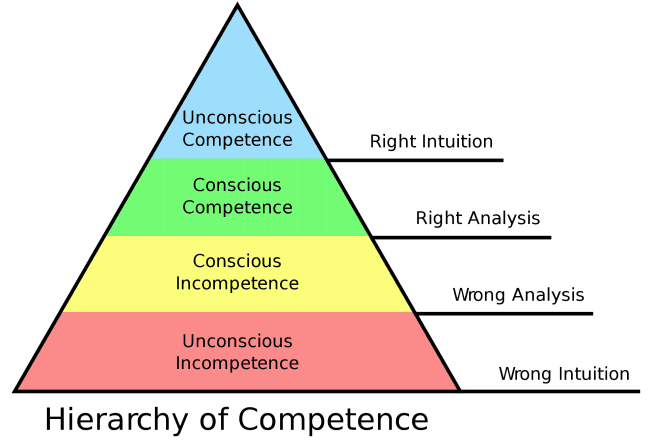What is effective communication?
In a tech driven world where we’re more connected than ever, moments of raw human connection can feel rare. It seems that we’re relying more heavily on algorithms to build relationships than our own skills in communication and intuition.
You’ve probably experienced an interaction with an effective communicator. Someone who engaged with you in such a purposeful way that it empowered you, challenging you to elevate your thinking. At the time, you knew you’d met someone who was functioning on a higher level, and you remember them today for their ability to connect with you meaningfully.
Why communication skills are important.
There is immense value in sharing meaningful contact with others. Great conversations spark joy, deepen our understanding, and provide us with unexpected opportunities. We can share stimulating ideas, work collaboratively, or simply shoot the breeze. Importantly, the ability to express ourselves and maintain relationships is essential to our health and mental wellbeing.
In this episode of the Freestyle Way Podcast, Kimmy Moss discusses the topic of Rhetoric In Motion: what it means to compassionately and constructively utilize our communication skills. As someone who seeks to engage meaningfully at every opportunity, it was a conversation that resonated strongly with me.
Emotional intelligence
As a young person I was an extremely poor communicator. I was too self-conscious to hold eye contact with a person, let alone a sincere exchange. I was too insecure to share my thoughts, and too unsure to share my ideas. The thought alone of being open and vulnerable and vulnerable would make me recoil in pre-emptive embarrassment. I was depressed, angry, and resentful.
At this point, psychologists would describe me as having been in a state of unconscious incompetence: I was unaware of the fact that I was a poor communicator, nor the effect it was having on my wellbeing. In mastery of any given skill, we all go through four key stages of self awareness, as demonstrated in the diagram below.
Hierarchy of Competence
In the context of communication:
| Unconscious Incompetence | You have no idea that you are an incompetent communicator. |
| Conscious Incompetence | You become aware of your incompetence, and may or may not take action to learn how you can progress from this point. |
| Conscious Competence | You become skilled at communication, but it takes focus and constant effort. |
| Unconscious Competence | Your skills become so natural that they turn into intuition and subconscious reactions, and require little effort or attention. |
Building confidence through competence.
The Hierarchy of Competence closely reflects my own experience, and was first brought to my attention by my NLP (neurolinguistic programming) coach, Earl Talbot, one of the most powerful catalysts for positive change in my life. Over the years he has equipped me with the skills to be impeccable with my word, align my intentions, and listen closely not only to a person’s words, but the energy and intention behind them.
Thanks to Earl’s influence, today every single one of my interactions are infinitely more fulfilling. I now understand the purpose behind each conversation I have, hold space for constructive engagements, and seek ways to compassionately challenge and empower people. Because of my ability to do this, I feel grateful, happy, and inspired every day. I don’t say this to sound lofty and impressive – that’s not my style at all. This isn’t an inspirational success story, but an important lesson on the value of connecting with others on a deep and meaningful level.
How to communicate more effectively.
My aim is to empower you to become an effective communicator and find fulfillment in your life. I want to help you release your baggage, experience vulnerability, and enjoy satisfying relationships with others. I want you to stop trying to prove your point, and start trying to understand what it would feel like to experience another person’s world view.
Here’s what I know:
If we maintain the self awareness to consciously identify context and purpose, stay honest and open, and do our best to understand other people, these skills naturally become part of our identity and even our physiology. This is known as unconscious competence: you don’t even have to think about it, it’s just your way of being;
When we have genuine, organic interactions, we give profound power to those around us;
In empowering others, we empower ourselves.
And here’s what I’d like to know:
Where might you be on the Hierarchy of Competence?
Which steps could you take to communicate on a higher level?
What could you gain by uplifting others?
Get in touch via the comments below!
Contributor: Melody Coleman

